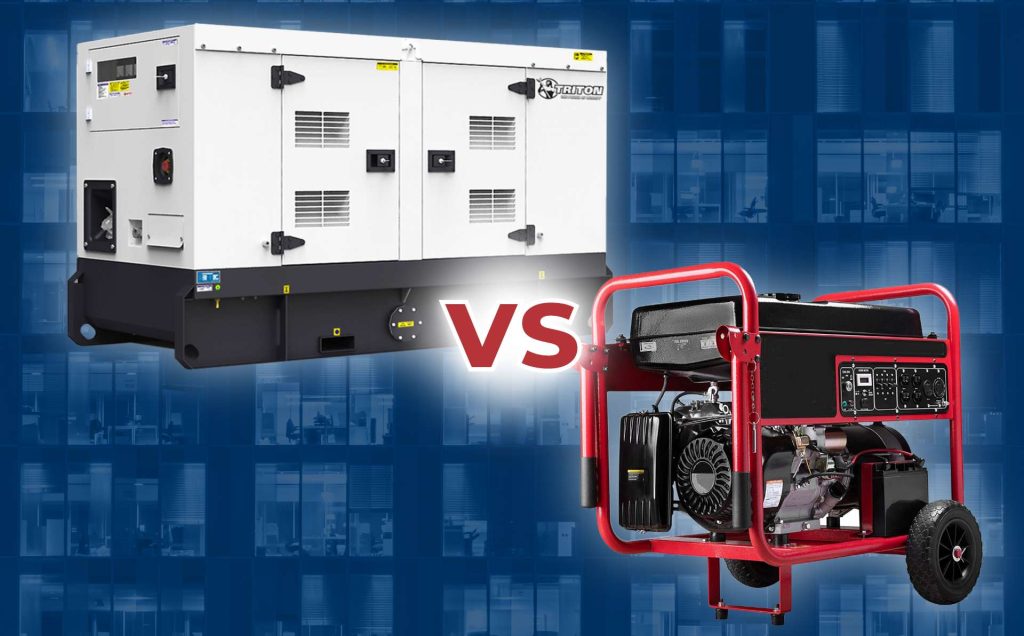Diesel Generators for Load Sharing Ensuring Reliable Power Distribution
Introduction: In today's technologically advanced world, uninterrupted power supply is crucial for various sectors, including manufacturing, healthcare, telecommunications, and data centers. However, 150kw diesel generator and grid failures can disrupt operations, leading to significant financial losses. To counter such occurrences, many industries rely on diesel generators for load sharing. These robust machines provide backup power and ensure a seamless transition during power disruptions. This article explores the concept of diesel generators for load sharing, their benefits, and their role in ensuring reliable power distribution. 1. Understanding Load Sharing: Load sharing refers to the efficient distribution of electrical load among multiple power sources. By dividing the load, the demand on each generator is reduced, enhancing system performance and reliability. Diesel generators are commonly used for load sharing due to their high power output, durability, and cost-effectiveness. These generators can be synchronized to work in parallel, ensuring a balanced load distribution during power outages or periods of high demand. 2. Benefits of Diesel Generators for Load Sharing: 2.1 Enhanced Reliability: One of the primary advantages of using diesel generators for load sharing is enhanced reliability. By combining multiple generators, industries can ensure a continuous power supply even if one generator fails. This redundancy minimizes the risk of downtime and helps businesses maintain uninterrupted operations. 2.2 Increased Power Capacity: Load sharing enables industries to increase their overall power capacity by combining the output of multiple diesel generators. This is particularly beneficial for industries with high power requirements. By synchronizing generators, businesses can access a larger power supply, ensuring sufficient energy to meet their demands. 2.3 Fuel Efficiency: Diesel generators are known for their fuel efficiency compared to other power sources, such as gasoline or natural gas. When used for load sharing, the combined power output allows each generator to operate closer to its optimal efficiency point. This reduces fuel consumption and lowers operating costs, making diesel generators a cost-effective solution for industries. 2.4 Easy Maintenance and Scalability: Diesel generators are relatively easy to maintain, with regular servicing and fuel replenishment being the primary requirements. Furthermore, these generators can be easily scaled up or down based on the load requirements. In situations where the load demand fluctuates, additional generators can be added or removed from the system, ensuring optimal performance and efficiency. 3. Load Sharing Mechanisms: To achieve effective load sharing, diesel generators must be synchronized and coordinated. Various load sharing mechanisms are employed to achieve this, including: 3.1 Droop Speed Control: Droop speed control is a commonly used mechanism in load-sharing diesel generator systems. Each generator is equipped with a speed governor that regulates the engine's speed and output. When the electrical load increases, the speed governor adjusts the engine's speed to produce more power. This maintains a stable frequency across the system by distributing the load proportionally among the generators. 3.2 Automatic Voltage Regulator (AVR): The Automatic Voltage Regulator (AVR) is another crucial component in load sharing systems. It ensures that the voltage output of each generator remains stable and within acceptable limits. The AVR continuously monitors the load and voltage, making necessary adjustments to maintain a balanced load sharing operation. This mechanism protects sensitive equipment from voltage fluctuations and prevents damage. 4. Applications of Diesel Generators for Load Sharing: Diesel generators for load sharing find applications in various sectors, including: 4.1 Manufacturing: Manufacturing industries heavily rely on a consistent power supply to operate machinery and maintain production schedules. Diesel generators for load sharing provide a reliable backup power source during grid failures or scheduled maintenance, ensuring uninterrupted manufacturing processes. 4.2 Healthcare:  Hospitals and healthcare facilities require uninterrupted power for critical life-support systems, medical equipment, and lighting. Load sharing diesel generators act as a reliable backup power source, ensuring the continuous operation of vital medical equipment and maintaining a safe environment for patients. 4.3 Telecommunications: Telecommunication networks require continuous power to operate cell towers and communication equipment. Diesel generators for load sharing offer a reliable backup power supply during power disruptions, ensuring uninterrupted communication services. 4.4 Data Centers: Data centers house critical servers and IT infrastructure that require a constant power supply. Diesel generators for load sharing act as backup power sources, guaranteeing uninterrupted data center operations and preventing data loss. 5. Conclusion: Diesel generators for load sharing play a critical role in ensuring reliable power distribution across various industries. Their ability to provide backup power, enhance reliability, increase power capacity, and offer fuel efficiency makes them an ideal choice for load sharing applications. By synchronizing multiple generators, industries can maintain uninterrupted operations, protect equipment, and minimize financial losses during power outages or high demand periods. As technology continues to advance, load sharing systems will play an increasingly vital role in safeguarding power supply and supporting critical infrastructure.
Hospitals and healthcare facilities require uninterrupted power for critical life-support systems, medical equipment, and lighting. Load sharing diesel generators act as a reliable backup power source, ensuring the continuous operation of vital medical equipment and maintaining a safe environment for patients. 4.3 Telecommunications: Telecommunication networks require continuous power to operate cell towers and communication equipment. Diesel generators for load sharing offer a reliable backup power supply during power disruptions, ensuring uninterrupted communication services. 4.4 Data Centers: Data centers house critical servers and IT infrastructure that require a constant power supply. Diesel generators for load sharing act as backup power sources, guaranteeing uninterrupted data center operations and preventing data loss. 5. Conclusion: Diesel generators for load sharing play a critical role in ensuring reliable power distribution across various industries. Their ability to provide backup power, enhance reliability, increase power capacity, and offer fuel efficiency makes them an ideal choice for load sharing applications. By synchronizing multiple generators, industries can maintain uninterrupted operations, protect equipment, and minimize financial losses during power outages or high demand periods. As technology continues to advance, load sharing systems will play an increasingly vital role in safeguarding power supply and supporting critical infrastructure.